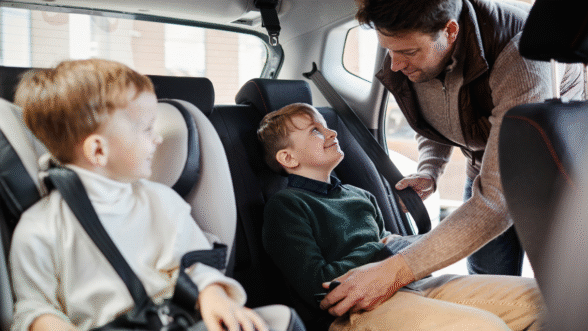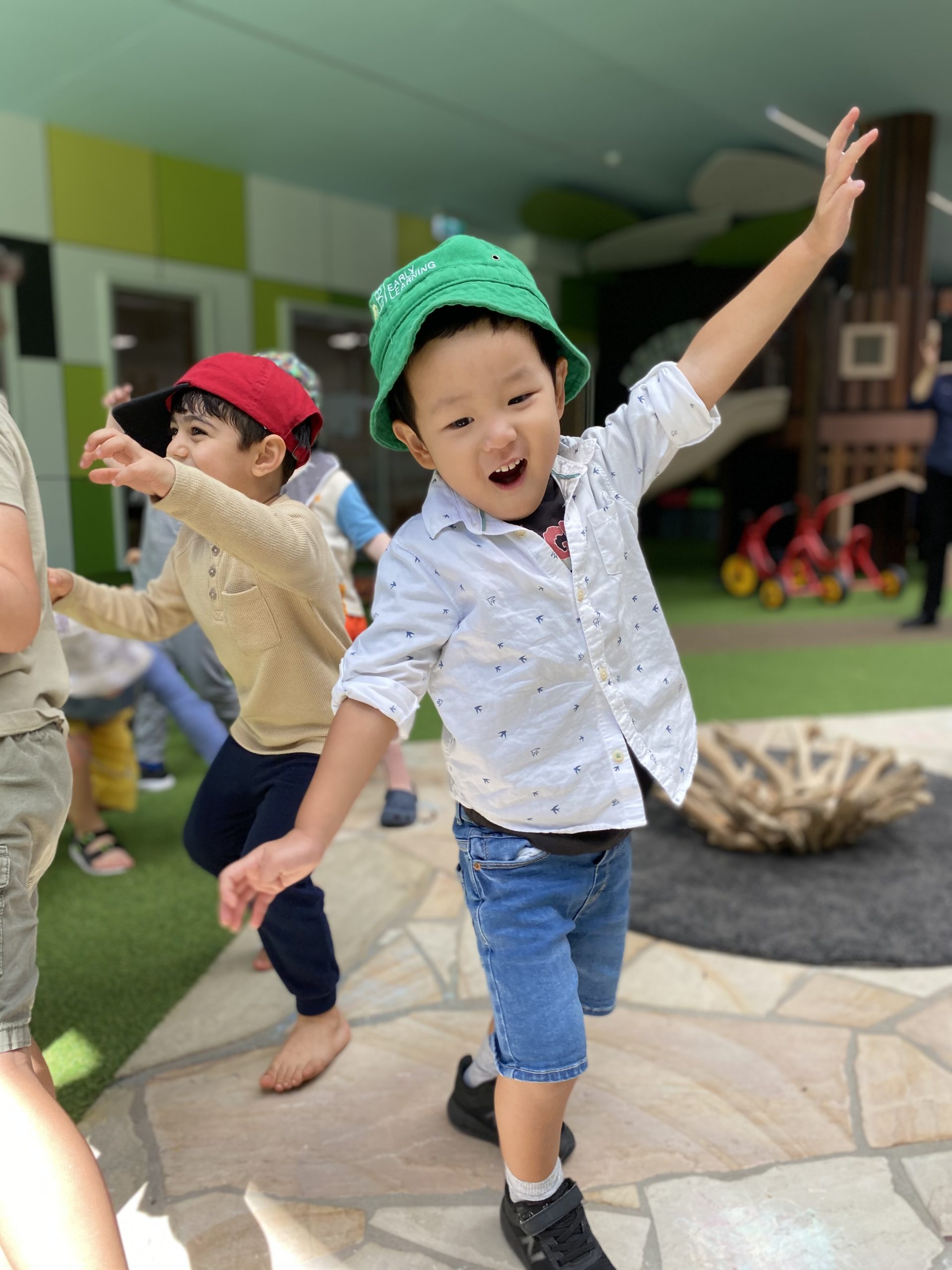
Parenting Resources, Top News
Education, Top News, Wellbeing
06 May, 2025

Spanning over 14 years of world-class research, 2 million dollars invested, and participation from 16 early learning centres in Australia – the Active Early Learning (AEL) curriculum is making movements (literally!) in the childcare industry.
The AEL curriculum was developed as part of a two-year research partnership between the University of Canberra, Deakin University and The Australian College of Physical Literacy (ACPL). The partnership developed the Australian-first physical literacy curriculum for the early learning context and evaluated how it contributed to a child’s well-being and development.
The physical literacy curriculum is about so much more than helping children to ‘be active’ and ‘fit’, instead it is designed to improve physical capabilities in terms of gross and fine motor skills, whilst supporting the overall behaviours required to live a healthy life.
The curriculum is delivered by educators in each centre, who are provided ongoing support by a peer coach. This approach has been shown to deliver the most impactful and sustainable outcomes and enables the curriculum to be tailored to the needs of children at each centre.
This impact of the curriculum was evaluated across the test group of 16 Australian early learning centres over 6 months in 2019 and compared the results to a control group at other early learning centres.
The research found that children participating in the AEL curriculum had significant increases in their overall levels of physical activity, the first study to show this. Additionally, the research identified statistically significant improvements in emotional behaviour such as impulse control, social interactions and concentration. These findings confirm that the curriculum builds a strong foundation for lifelong health and wellbeing for each child.
Edge Early Learning welcomed the opportunity to be part of this innovative research curriculum. Since then they have gone further and partnered with the ACPL to embed the AEL Curriculum into all Edge Early Learning centres across South East Queensland.
The curriculum implemented at Edge Early Learning focuses on developing both gross and fine motor skills to impact a child’s cognitive learning abilities positively, delivering a well-rounded educational experience in the early years. This is threaded through the day both in and out of the classroom and delivered by Edge Early Learning Educators.
“We are committed to providing local children a place where they can explore new interests and develop a strong sense of wellbeing, all while becoming confident and involved learners as they progress into their school years,” said Edge Early Learning Chief Executive Officer, Annie Bryce. ‘We are now hearing great things from the primary schools in the areas of our centres on the development of these children which is wonderful!’
So, what does physical literacy mean? How does the AEL program work? And how will it benefit my child? Let’s break it down.
Physical literacy is building physical competence and confidence through activities designed to encourage the enjoyment of being physically active, which results in motivation to learn and an understanding of the importance of being active for life.
The curriculum comprises four building blocks to encourage physical literacy – gross motor skills, movement education, movement education extension (cross-curricular activities) and challenging play.
Each building block targets a different developmental goal and integrates seamlessly into the existing curriculum. This integrated approach means that each child benefits from the curriculum regardless of how many days they attend the centre each week.
The research has shown that the AEL Curriculum delivers material improvements in children’s cognitive ability, physical activity, lifelong health journey, school readiness, social interactions, language and emotional behaviour.
“The benefits of such a program have been sensational, providing the best possible start for your child at a critical time in their development. Not only does it build the fundamental movement skills that are so important for a lifelong health journey, but it also supports the critical developmental areas of vocabulary, cognitive and social skills,” said Annie.
For early learning centres, like Edge Early Learning, AEL curriculum is a simple yet widely effective addition to their current curriculum. It expands on their existing inquiry-based philosophy, where children are encouraged to ask questions, explore new ideas, and learn through play and delivers on the mission to support healthier, fitter and smarter children.
For more information visit: www.edgeearlylearning.com.au/active-early-learning